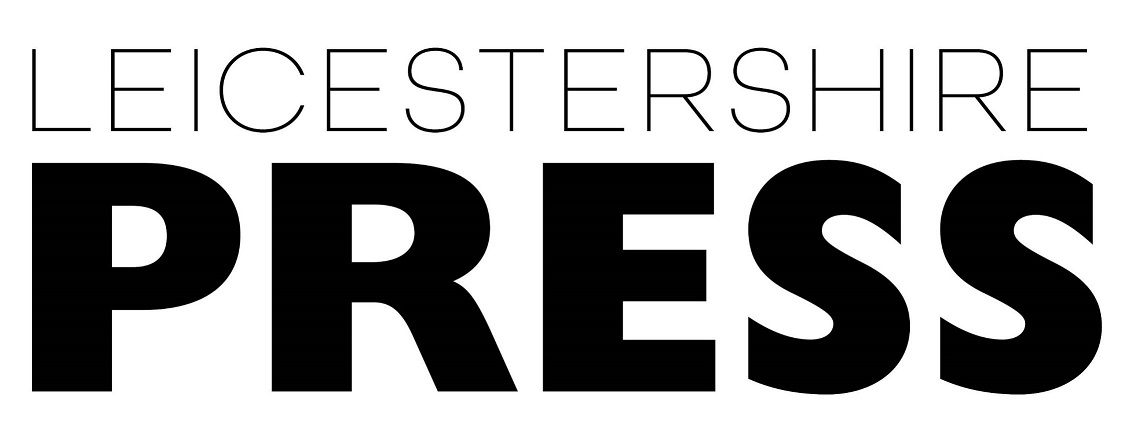By Sophie Mundy, Jessica Martin, and Juniper Rose
Over the weekend, it has come to light that Puffin Books will be editing some Roald Dahl books in favour of more sanitised language and removing outdated racist, fatphobic and mental health comments in many of these childhood classics.
Dahl is heralded by The Independent as “one of the greatest storytellers for children of the 20th century”, selling over 250 million copies worldwide. He was born in 1916, and died in 1990 at the age of 74.

The books that will be changed include Matilda, and Charlie and The Chocolate Factory and James and the Giant Peach, among many others.
These changes include switching the word ‘fat’ into ‘enormous,’ as well as amending the use of ‘black’ describing a tractor.
Further changes to novels include Miss Spider from James and The Giant Peach no longer having her head described as ‘black’, the ‘Cloud-Men’ now being referred to as ‘Cloud-People’. Further novels have faced editing such as The Witches, in which a reference made towards women “working as a cashier in a supermarket or typing letters for a businessmen’ has been changed to “working as a top scientist or running a business.’
These changes are seemingly being made to abolish older stereotypes towards women’s employment and the current push to see more women within STEM careers.
The publisher, Puffin Books, said content deemed offensive, such as references to weight, mental health, violence, gender and race has been removed or rewritten to ensure Dahl’s classics can be enjoyed by all children.
However, these changes have been criticised by many academics and fans alike.
Joe Phelan, DMU lecturer and editor of 19th century poetry, said: “It would still, in my view, be wrong to rewrite texts from the past, because these texts are evidence of the way things used to be.
“A much better approach would be to present the texts of Roald Dahl’s novels with contextual discussion explaining the attitudes and beliefs of the times they were written in.”
This censorship could question freedom of speech, and the fact that Roald Dahl, having died in 1990, cannot consent to these changes could be deemed as unethical censorship.
“Freedom of speech, as long as it doesn’t constitute hate speech, and as long as it doesn’t impinge upon the rights of others, is something that in my opinion, needs to be protected,” Hila Shachar, Senior Lecturer in English Literature at DMU, said.




